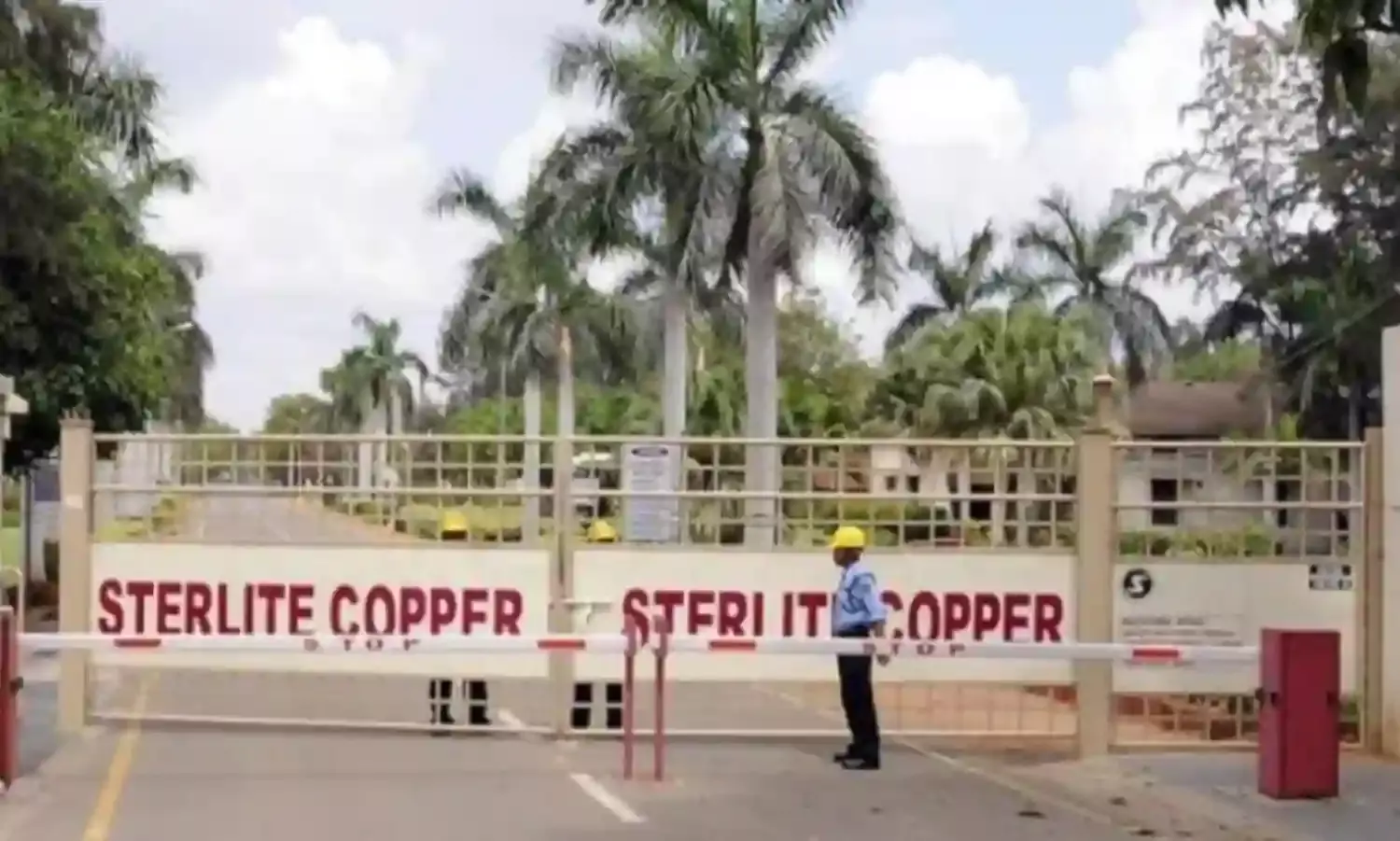Supreme Court Judgment Against Reopening the Sterlite Plant Vindicates Gandhi's Vision of Swaraj
The right to life guaranteed by the Constitution was jeopardised by Vedanta’s plant

It is heartening that the Supreme Court has not allowed the Sterlite plant in Tuticorin to be reopened based on the National Green Tribunal’s order. This plant polluted the air and water beyond measure and ordinary people who protested against it were fired upon by police. As a result 13 lives were lost. The tragic loss of life due to police firing was as traumatic as the pollution of air and water by the Sterlite plant which caused massive morbidity and health problems in the region.
The government of Tamilnadu ordered the closure of the plant because of people’s protests to shut it down, because it was polluting their land. However, the NGT ordered its reopening. The state government challenged the order in the Supreme Court which prevented the reopening of the plant.
The very right to life guaranteed by the Constitution, and expanded by the Supreme Court to include the right to access clean air and water, was jeopardised by the Sterlite plant. In protesting against the Sterlite plant polluting air and water people were protesting to safeguard their right to life.
In twenty-first century India the extractive industries owned by huge corporations like Vedanta, located in London, are hellbent on taking out minerals from the bowels of the earth, processing them and selling them in the global market at exorbitant prices to fill their coffers, no matter what the cost. They are doing this in complete disregard of those who live and work in the areas where minerals are found in India - largely Adivasis.
Vedanta which owns the Sterlite factory was also planning to blow up the Niyamagiri Hills in Kalahandi to mine aluminium ore or bauxite. Tribals who consider Niyamagiri as their mother and god protested against Vedanta, which in collusion with state government officials tried to trample upon their rights. It is because of the then Environment Minister Jairam Ramesh that environment clearance was not given to Vedanta to mine bauxite in that area.
Eventually the Forest Rights Act was enacted by the UPA II government, mandating that the clearance of Gram Sabhas would be required for the commencement of mining. This put an end to Vedanta's attempts to blast Niyamagiri. The majority of Gram Sabhas went against Vedanta's efforts to mine the area by blowing up the Niyamagiri hills.
A hundred and one years ago, Gandhi while addressing a meeting in Ahmedabad in January 1918, expounded on the meaning of Swaraj for the understanding of ordinary people. He said that Swaraj for India meant people's right to get clean air, clean water and grain. Today, Swaraj as defined by the father of our nation, in terms of clean food and air and water, is getting compromised by several factors including predatory mining and commercialised resource extraction for export. In quashing the NGT order to open the polluting, unpopular Sterlite plant the Supreme Court has given a judgment in favour of the right to life which remained at the heart of the definition of Swaraj given by Mahatma Gandhi.
At a time when the issue of air pollution has become a global problem, and for the first time the World Health Organisation has convened a global meet to discuss the gathering crises caused by air pollution, we need to be mindful of the gravity of the situation and take appropriate measures for defending the right to life.
With remarkable prescience, in 1913 Gandhi said that ‘modern civilisation’ would put a price on air, which has so far been provided free of cost for our breathing. The modern civilisation of the twenty-first century, often described as the Anthropocene, is marked by reckless destruction and lethal fossil fuel pollution by humans, who are polluting the air water and earth much faster than these can replace themselves.
Without drastic organised action these problems will only multiply, exacerbating the danger emanating from global warming and climate change, which has been described even by former US Secretary of State John Kerry as worse than weapons of mass destruction.
Neoliberal policies based on commercialisation, private profit, the concentration of wealth and power in very few hands, and the destruction of public goods, are aggravating the problem.
Mahatma Gandhi wrote in 1938 that in a well-ordered society, the rulers and ruled would both have equal access to clean air and water. Vedanta’s Sterlite plant in Tuticorin was negating Gandhi’s vision of a well-ordered society, and obstructing the people’s access to clean air and water.
If we are able to see the Supreme Court Sterlite judgment in the larger context of Swaraj and a well-ordered society, we will be better equipped to avert the unfolding ecological disaster.
S.N.Sahu was Officer on Special Duty and Press Secretary to President of India the late Shri K.R.Narayanan and had a tenure as Director in the PMO.



